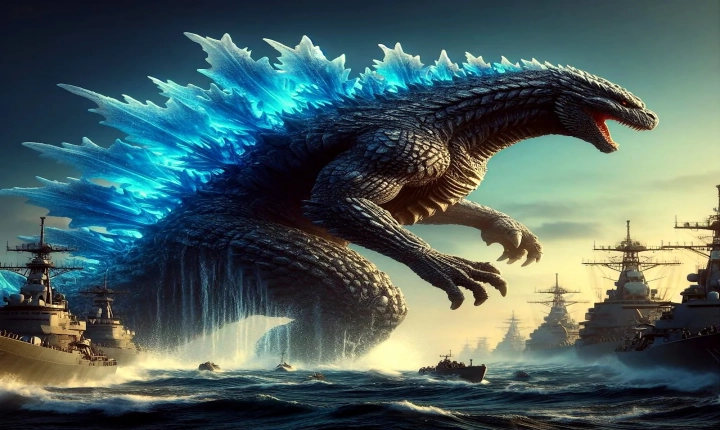“Unraveling the Elegance of ChatGPT’s Poems: A Deep Dive into AI Poetry Generation”
In recent years, the emergence of text-generating AI models has sparked a revolution in the field of creative writing. One such model that has captured the imagination of poets and writers alike is OpenAI’s ChatGPT, an advanced language generation model trained on a diverse array of internet text data. Underlying this sophisticated system lies a complex web of algorithms and neural networks, working together to produce coherent and captivating poetry. In this article, we delve into the intricacies of how ChatGPT creates poetry and explore the fascinating interplay of language, creativity, and artificial intelligence.
The magic behind ChatGPT’s poetry generation lies in its ability to understand, mimic, and generate text that closely resembles human language. At the heart of this capability is its training on a vast corpus of human-authored literature, allowing it to internalize the nuances, patterns, and structures of poetry. When given a prompt, the model draws upon this wealth of knowledge to craft stanzas, verses, and lines that resonate with the emotional depth and expressive subtlety characteristic of poetry.
ChatGPT accomplishes this feat through a process known as generative language modeling. When prompted to write a poem, the model utilizes its understanding of grammar, syntax, and semantics to construct coherent and meaningful verses. It does so by employing a technique called autoregressive generation, whereby it predicts the most probable next word or phrase based on the preceding context. This iterative process allows the model to gradually unfurl the narrative, themes, and imagery inherent in a given prompt, ultimately culminating in a complete poem.
In addition to linguistic prowess, ChatGPT also harnesses its vast knowledge of culture, history, and human experiences to infuse depth and richness into its poetic compositions. Drawing on its exposure to diverse literary traditions and artistic movements, the model exhibits a remarkable capacity to emulate the stylistic nuances and thematic motifs associated with different genres of poetry. Whether it’s evoking the melancholy lyricism of Romanticism, the experimental form of modernist poetry, or the rhythmic cadence of spoken word, ChatGPT demonstrates an astonishing versatility in capturing the essence of various poetic traditions.
Furthermore, ChatGPT’s ability to engage in coherent and contextually relevant discourse enables it to incorporate thematic elements, metaphors, and allusions that resonate with human emotions and experiences. By contextualizing its poetic output within the boundary of the given prompt, the model exhibits a nuanced understanding of imagery, symbolism, and metaphorical language, seamlessly weaving together evocative and thought-provoking verses that reflect the essence of the prompt.
While the mechanistic underpinnings of ChatGPT’s poetry generation offer a remarkable insight into the interplay of language and artificial intelligence, it also raises compelling questions about the nature of creativity and authorship. Can a machine truly emulate the emotional depth and personal expression inherent in human-authored poetry? Does the act of mimicking human creativity diminish the intrinsic value of the art form? These questions form the crux of an ongoing philosophical discourse surrounding AI-generated art and its place within the realm of human creativity.
In conclusion, the emergence of the ChatGPT model has not only opened new frontiers in the realm of AI-generated poetry but also sparked a profound dialogue about the nature of creativity, artistic expression, and the evolving relationship between humans and machines. With its ability to craft evocative, thematically rich, and contextually relevant poetry, ChatGPT exemplifies the remarkable potential of AI in creative endeavors, while also provoking contemplation about the evolving landscape of artistic authorship and the boundaries of human ingenuity. As the boundaries between human and artificial creativity continue to blur, the tale of AI-authored poetry stands as a testament to the enduring power and enigmatic allure of the written word.
